Faculty of Law's Response to the Truth and Reconciliation Commission
When the Truth and Reconciliation Commission (TRC) released the summary of its final report on June 2, 2015, professors, students and staff at Lakehead University’s Bora Laskin Faculty of Law in Thunder Bay, Ontario were encouraged to see the recommendations related to teaching Aboriginal law at Canadian law schools.
Truth and Reconciliation Commission’s Recommendation 28:
We call upon law schools in Canada to require all law students to take a course in Aboriginal people and the law, which includes the history and legacy of residential schools, the United Nations Declaration on the Rights of Indigenous Peoples, Treaties and Aboriginal rights, Indigenous law, and Aboriginal-Crown relations. This will require skills-based training in intercultural competency, conflict resolution, human rights and anti-racism.[1]
We are Canada’s youngest law school, about to welcome our third cohort of 60 students, and we place a strong emphasis on Aboriginal issues throughout our program.
Local Aboriginal leaders and communities were instrumental in establishing this law school in northern Ontario with its focus on northern issues. Our Faculty has a tripartite mandate – small firm practice, Aboriginal legal issues, and natural resource/environmental law – and our curriculum continues to develop in these key areas.
All of our students take three mandatory courses on Aboriginal legal issues. In first year, students take a semester-long course called Indigenous Legal Traditions, which examines the laws and legal traditions of various Indigenous nations, with an emphasis on the Anishinaabe and the Métis nations. It is taught from an Indigenous perspective, focusing on Indigenous peoples’ own laws, worldviews, and understanding of their treaties with the Crown. One objective of the course is to analyze the impact of residential schools on Indigenous laws. To this end, excerpts from the Truth and Reconciliation Commission’s interim report, They Came for the Children, have been required reading. Going forward, these will be replaced with excerpts from the Commission’s final report.
All students in first year also take Aboriginal Perspectives – an experiential learning course that gives students the opportunity to begin to immerse themselves in Indigenous worldviews. An Anishinaabe elder offers teachings over a number of weeks, discussing talking circles, smudging, and Anishinaabe perspectives. Similarly, a Métis knowledge-holder explains the unique history and perspectives of the Métis Nation. We also bring in a broad range of guest speakers on Aboriginal issues, including residential school survivors who discuss their personal stories of the impact of intergenerational trauma. In this course, students supplement class sessions with direct engagement with Indigenous culture, for example by participating in Lakehead University’s Pow Wow, Fall Harvest, medicine walks, ceremonies, sweat lodges, and many other such events.
Finally, in second year, all students take a full-year course on Aboriginal peoples and the law, which examines Canadian law pertaining to Aboriginal and treaty rights. Going forward, this course will also deal with the United Nations Declaration on the Rights of Indigenous Peoples.
We build Aboriginal issues into the rest of the curriculum where appropriate, such as Gladue principles in criminal law. We also endeavor to offer a range of upper year electives for students interested in learning more about Aboriginal legal issues.
We have more work to do, though. We want to improve on our Aboriginal Perspectives course, continuing to strengthen our relationships with Indigenous communities in our region, and focusing on the specific recommendation of “intercultural competency”. We aim to incorporate all aspects of Recommendation 28 into our curriculum. We are committed to providing a first-rate legal education – both Canadian and Indigenous – to all of our Indigenous and non-Indigenous students.
For full course descriptions referred to above, please see Indigenous Course Offerings


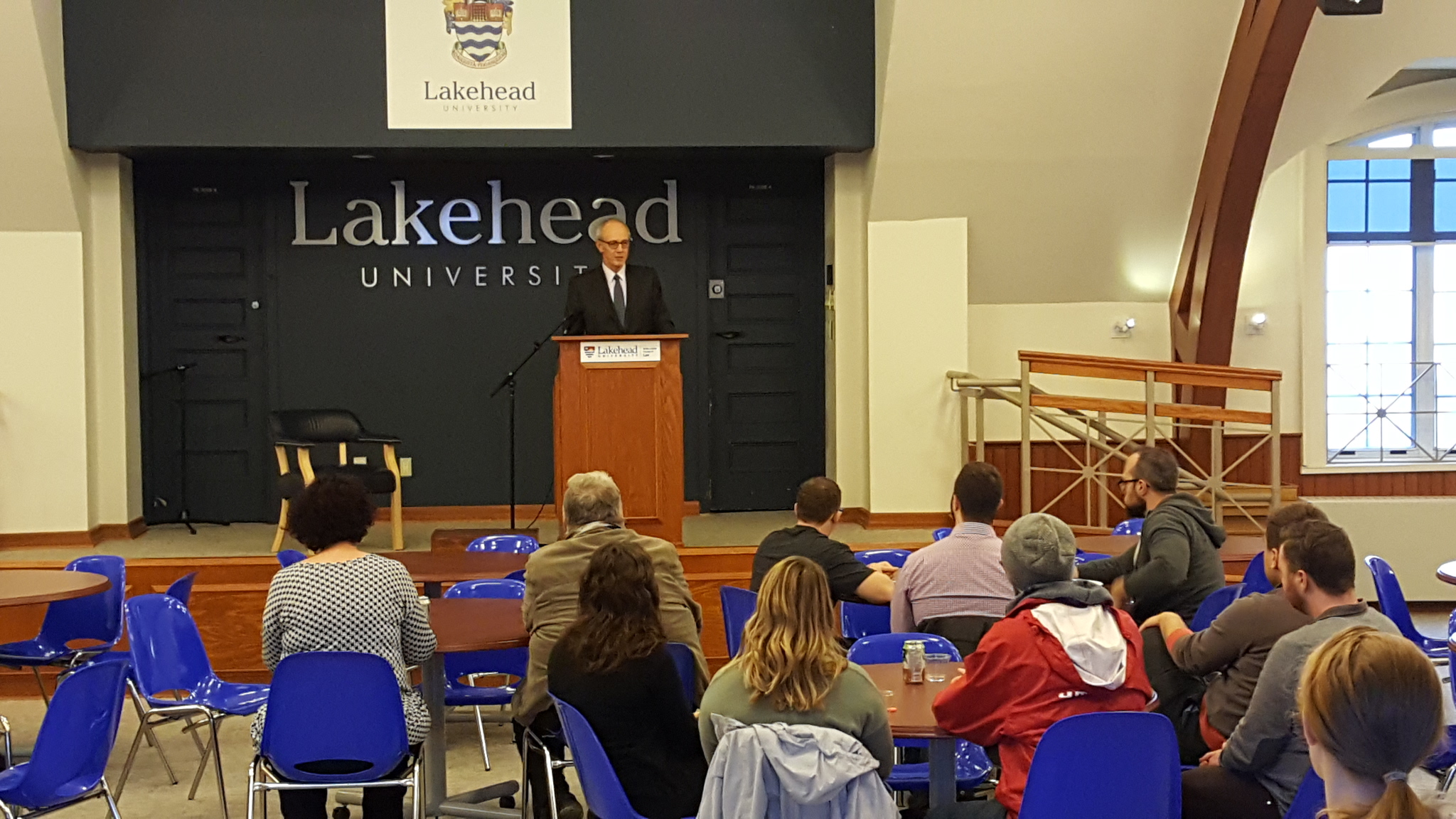
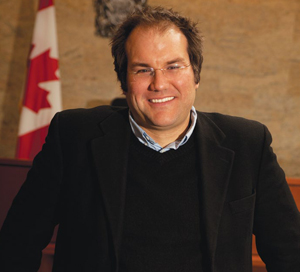 The Bora Laskin Faculty of Law at Lakehead University is pleased to announce the appointment of Daniel Dylan, as an Assistant Professor, commencing August 1, 2016. “We are excited about the contributions Daniel will bring as our newest faculty member,” says Dean Angelique EagleWoman. “He understands communities in the North and is an excellent fit with our three mandate areas: Aboriginal/Indigenous law; Natural Resources and Environmental Law; and Sole Practitioner/Small Town Law with the integrated practice curriculum.”
The Bora Laskin Faculty of Law at Lakehead University is pleased to announce the appointment of Daniel Dylan, as an Assistant Professor, commencing August 1, 2016. “We are excited about the contributions Daniel will bring as our newest faculty member,” says Dean Angelique EagleWoman. “He understands communities in the North and is an excellent fit with our three mandate areas: Aboriginal/Indigenous law; Natural Resources and Environmental Law; and Sole Practitioner/Small Town Law with the integrated practice curriculum.” 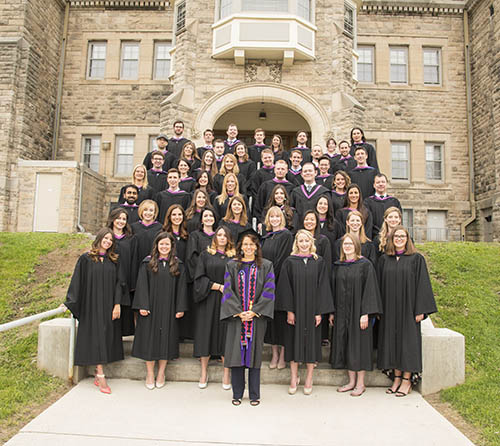
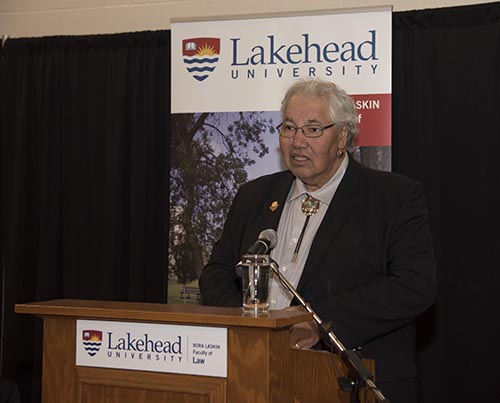
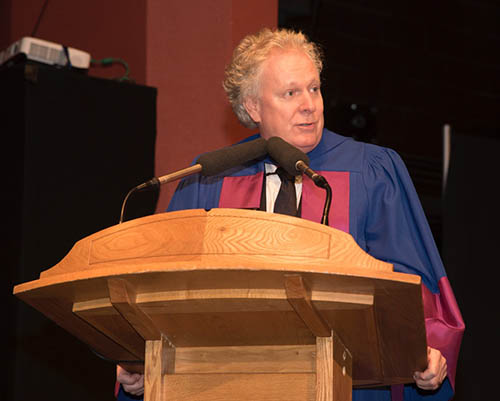 Jean Charest was awarded an Honorary Doctorate of Laws and spoke to the graduating classes. As he said in his address:
Jean Charest was awarded an Honorary Doctorate of Laws and spoke to the graduating classes. As he said in his address: 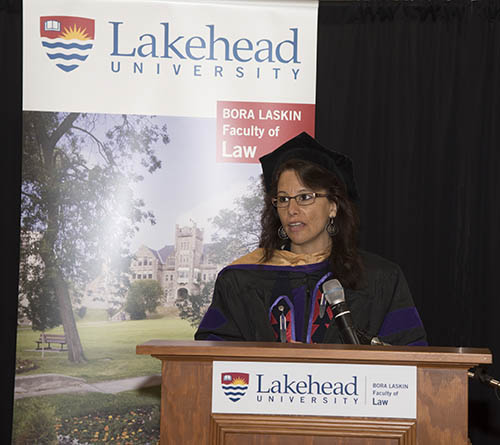 We wish our graduates all the best as they move forward in their careers across Ontario and Canada. As Dean EagleWoman said in her address to the class:
We wish our graduates all the best as they move forward in their careers across Ontario and Canada. As Dean EagleWoman said in her address to the class: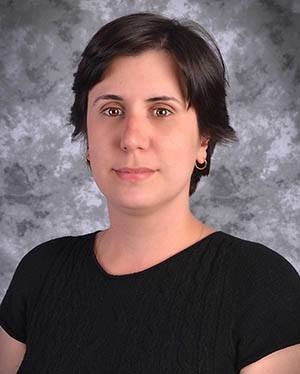 Professor, commencing July 1, 2015.
Professor, commencing July 1, 2015.